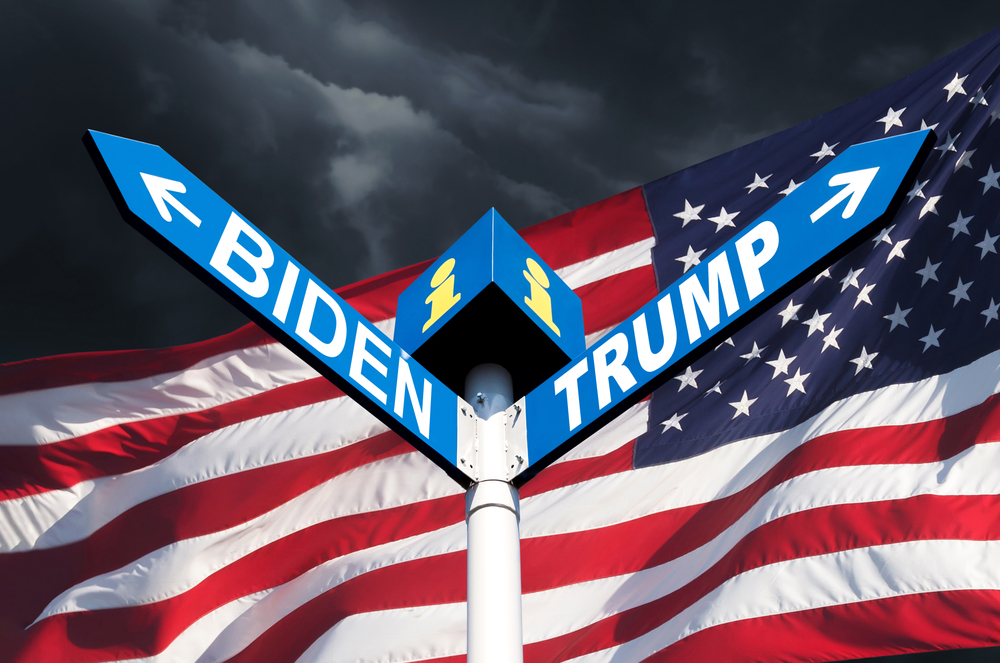A GNC manager may have been stymied by federal bankruptcy laws when he tried to sue the company that fired him.
Or perhaps not.
Wilfredo Rivera, Jr. claims he was fired because he barred customers from his Tampa store for not wearing face masks. The city was under an emergency order requiring the protective covering.
The complex U.S. Bankruptcy Code spells out how most legal actions are subject to an “automatic stay” that stops court cases once a bankruptcy action begins. But it does list certain kinds of debt holders who are allowed to start or continue actions against companies in bankruptcy.
Also, the code’s reference to the timing of lawsuits appears to leave a window open for actions relating to situations that occur after a bankruptcy case commences.
“We are absolutely pursuing this lawsuit,” insisted Jason Woodside, Rivera’s attorney. He believes the timing issue will allow Rivera’s case to continue.
Customers scream obscenities when asked to wear mask
For Rivera, it all started June 22, when a group of customers entered his store without face masks. Rivera told them about the city’s emergency order that masks be worn and asked them to leave. At that point, Rivera said, one customer “became physically aggressive … while screaming obscenities.”
Several days earlier, Tampa Mayor Jane Castor had ordered “every person” to wear a face mask when in “any indoor location” other than their home when not observing social distancing.
The order states that any “violation of this order presents a serious threat to the public health, safety, or welfare.”
RELATED: Face masks just the latest of public safety battles
RELATED: Rules tighten on protected speech in workplace
On June 22, the day of the altercation at Rivera’s store, the Hillsborough County Emergency Policy Group approved a similar order.
Rivera says these mask mandates were the law and had to be followed.
"You can’t keep social distancing inside the store because it’s a very small location. It’s not possible. You have more than two, three customers in there, it’s definitely not possible so the safest thing to do is wear a mask," Rivera said when interviewed by ABC Action News shortly after the incident.
One of Rivera’s customers complained to GNC about the mask requirement. Rivera says the store’s district manager, Nick Dunnigan, who could not be reached for comment, told him the next day “it was not company policy to abide by the face covering laws.”
When Rivera objected, citing the mayor’s order, he said Dunnigan told him GNC “would not lose sales” over the mask requirement.
GNC suspended Rivera “pending an investigation.” The next day, June 24, Dunnigan told Rivera he was fired.
On July 7, Woodside filed Rivera’s lawsuit, arguing GNC “was required to ensure those persons wore a face covering” and that the company “refused to comply” with the county and city orders.
“By suspending (Rivera) and terminating his employment (GNC) retaliated (against Rivera) for engaging in (a) protected activity under the FPWA (Florida Private Whistleblowers Act),” the lawsuit states.
Because the lawsuit is pending, Woodside said Rivera would not comment any further.
Whistleblower Act protects private employees for following the law
The legal basis of Rivera’s lawsuit is Florida’s Whistleblower Act, a law that bars employers from retaliating against employees who, among other actions, object to a policy that violates the law.
The law, according to a Miami Law Review article, allows employees to “blow the whistle” against their employers if an organization is involved in “corrupt, illegal, fraudulent, or harmful activity.”
Specifically, the act bars employers from retaliating against an employee who has “objected to, or refused to participate in, any activity, policy, or practice of the employer which is in violation of a law, rule, or regulation.”
Violation of the Whistleblower Act can be redressed through a civil court action seeking, for example, lost wages, reinstatement, and damages.
Rivera is asking for salary and other damages.
The lawsuit claims that asking customers to wear masks as required by the mayor’s executive order under that law is a “protected activity.”
State law allows employees who believe they have been “the object of retaliatory personnel action” to sue for, among other things, reinstatement, payment of lost wages and benefits, and “other compensatory damages.”
Additionally, failure to follow the Tampa and Hillsborough County executive orders is both a noncriminal civil offense subject to a $500 fine and a second-degree criminal misdemeanor punishable by up to 60 days in jail.
GNC’s argument
GNC is a publicly traded company that specializes in health and wellness products, such as vitamins, minerals, and herbal supplements, as well as sport nutrition and diet products.
During the past months and largely as a result of the coronavirus, the company closed nearly 40 percent of its locations. It subsequently filed for bankruptcy.
GNC’s lawyer, Jennifer T. Williams, claims the company is protected from Rivera’s lawsuit by an automatic stay that is part of the U.S. Bankruptcy Code.
In her brief to the Hillsborough County Circuit Court, Williams states that bankruptcy rules automatically bar and stop any legal action “that was or could have been commenced before the commencement of the (bankruptcy) case.”
So the question appears to be whether Rivera’s complaint occurred before or after GNC filed for bankruptcy June 23.
Although the incident occurred June 22, before GNC filed for bankruptcy, Rivera was fired on June 24, one day after the bankruptcy filing date. June 24 was also the day Castor’s mask mandate was strengthened to specifically require businesses to “deny admittance to” or “compel the removal” of any people who refuse to wear masks.
Timeline may affect bankruptcy stay
At issue is whether or not this triggering action for the lawsuit — Rivera’s firing — is subject to an automatic stay.
The U.S. Bankruptcy Code defines when an automatic stay against the debtor company can proceed.
The key question seems to be the timing of when the triggering offense covered by the Whistleblower Act occurred when compared to the start of GNC’s bankruptcy case: June 23 (the bankruptcy filing) versus June 24 (the date Rivera was fired).
If Rivera had been fired on or before June 23, he most likely would not be able to sue GNC. However, since the firing occurred on June 24, a day after the bankruptcy case began, it could be argued that there was no way Rivera could have sued GNC before June 23.
Although the presiding circuit judge in Rivera’s case will likely acknowledge GNC’s requested stay, the decision on whether the automatic stay is valid or if Rivera’s case can proceed is in the hands of the bankruptcy court in Delaware where GNC is based.














